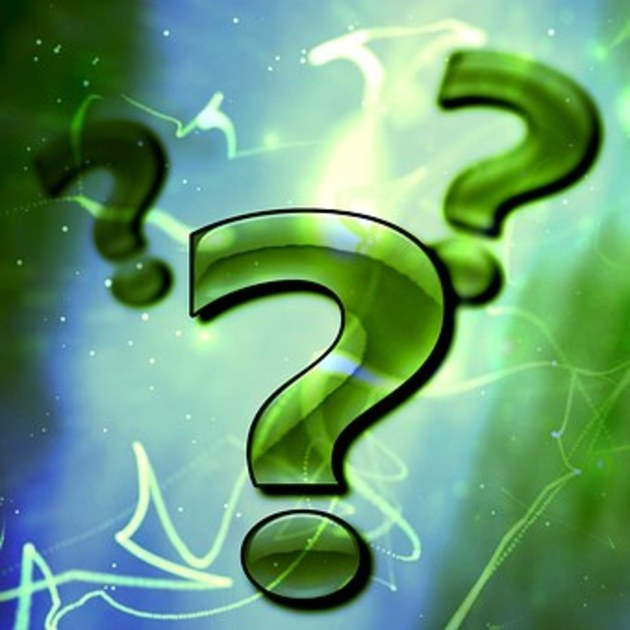
Who's to Blame? – Parshat Nitzavim-Vayelech
I hate the blame game. I hate assigning blame to others and I hate when others assign blame to others…or to me. There is actually one situation when I would agree that it is legitimate and even appropriate. That is when I assign blame to myself. Taking responsibility for what I do is not just an admission of guilt. It is a pronouncement that I have free choice and that I am willing to take responsibility for my actions AND their outcomes.
The Torah, too, calls us out on this. In this week's double parsha, Nitzavim-Vayelech, the Torah tells of a situation when we choose to forsake God and worship others instead, and if we do so we may incur God's wrath. But what we might do next is fascinating. It would make perfect sense for someone to say, 'well I stopped doing what God asks so it is fair that there is retribution.' Or if someone says, 'well, I stopped following the commandments, so whatever happens now is pure circumstance,' I could see the logic in that too. But the Torah tells of a time when after we start engaging in idol worship and things start going wrong for us, then, of all things, we blame God for forsaking us in our time of need.1 Even though it is we who have made the decision to look elsewhere, we blame God for our misfortune. Is that logical? Do we blame God for our misdeeds and/or their consequences?
The Torah is pointing out that there is at times a tendency to avoid taking responsibility. This is not meant to be a theological treatise. Nor is it a discussion of theodicy. It is to point out that when we have made a decision to behave in a certain way we may look for someone to blame. Whether we blame our parents, our friends, society, the weather, the stars or God, it makes no difference. It is simply oft-times easier to assign blame to others than to accept responsibility for our actions.
Yet we find that when we do accept responsibility for our actions and their consequences, there is a sense of maturity and authenticity that reveals itself. "I am responsible" is not simply a mantra to be recited. It is one of the deepest acknowledgements of our greatness as humans. We have choice. We have free choice. It is a basic part of who we are as humans and it is that which sets us aside from other life forms.
Our free choice is so basic to our humanity that the famous psychiatrist Dr. Viktor Frankl in his study of human nature assigned it as one of the three basic pillars of logotherapy, his theory of human nature. "We have already stressed the importance of the concept of responsibility as the foundation of human existence."2
Blame and guilt are such nasty, harsh words to describe our level of responsibility.3 We rather take pride in our having "response-ability".4 With it we can do many great deeds and help others. We see in the wake of two major hurricanes hitting Southern United States, Hurricanes Harvey and Irma, how people stepped up to help others. Strangers who gave a helping hand. Some were First Responders while others were simple human angels who gave a helping hand to others in desperate need.
Free choice means being responsible for our actions. We can blame ourselves. It is a burden but it is also empowering. We have the ability to be guilty for our actions. We can also be responsible for great deeds of human kindness.
Notes
- Devarim 29:16-7
- Frankl, Viktor E. The Doctor and the Soul: From Psychotherapy to Logotherapy (p. 24). Knopf Doubleday Publishing Group. Kindle Edition
- How we use words, sometimes to our detriment, I hope to cover in a future blog
- This is a phrase coined by Dr. Viktor Frankl to express his belief in the ability of humans to show their greatness through free choice – the ability to be responsible
Have A Great Shabbat!![]()
For More Information On Logotherapy And How You Can Create A Fuller, More Meaningful Life, Or To Book An Online Session,
- Call Me At +972-54-589-3399, or in Israel 054-5893399
- Contact Me Thru my email at [email protected]

 Previous
Previous

